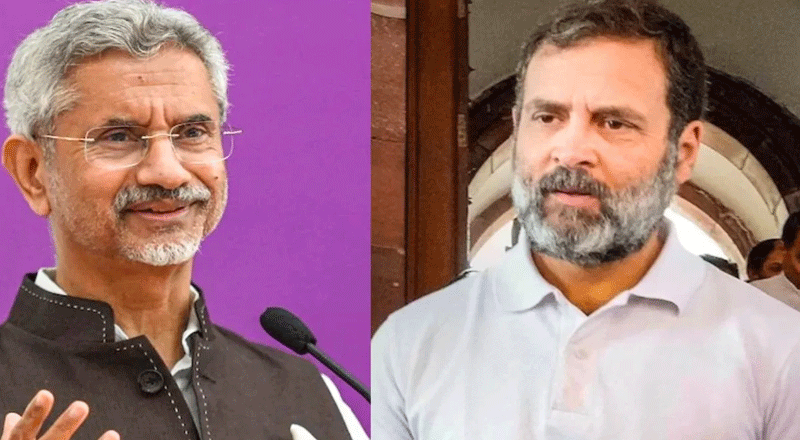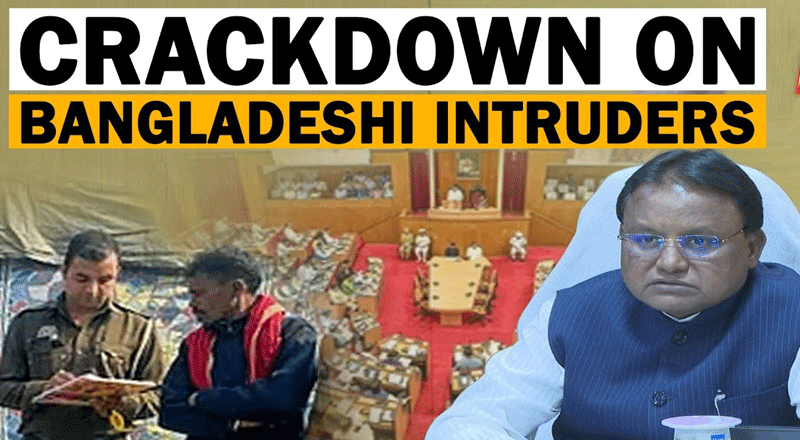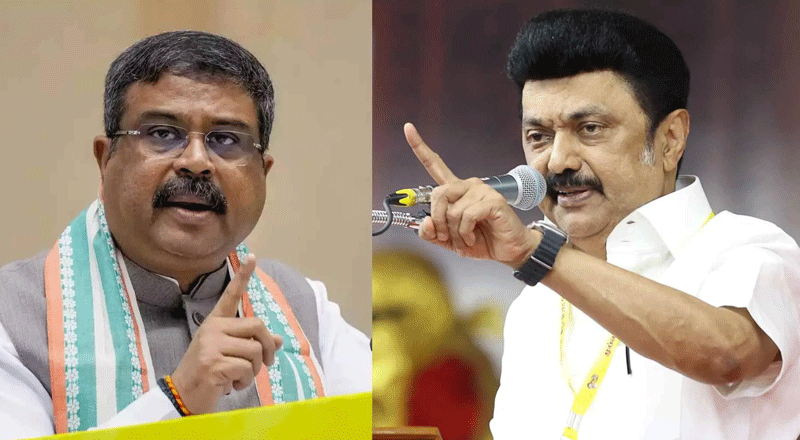Political Firestorm in Parliament
The Indian Parliament witnessed heated exchanges on Monday as Leader of Opposition Rahul Gandhi sparked controversy with his allegations regarding External Affairs Minister S. Jaishankar’s recent visit to the United States and the ongoing stand-off with China in Ladakh. Gandhi’s claims, which questioned the Modi government’s foreign policy and national security stance, led to strong rebuttals from the ruling party, with Jaishankar dismissing them as falsehoods that harm India’s global image.
Rahul Gandhi’s Allegations: A Two-Pronged Attack
Rahul Gandhi made two major accusations during his speech:
- Jaishankar’s US Visit: Gandhi alleged that Prime Minister Narendra Modi sent Jaishankar to the US to secure an invitation forC’s swearing-in ceremony. He claimed that a strong economic policy would have resulted in American leaders inviting Modi instead.
- China’s Presence in Ladakh: He accused the government of misrepresenting facts about the Chinese intrusion in Ladakh, stating that the Indian Army itself had contradicted Modi’s claims that no foreign troops occupied Indian territory.
Gandhi further connected the Ladakh stand-off with India’s economic policies, arguing that China’s occupation was enabled by India’s failure in manufacturing and self-reliance, stating: “If and when we fight a war with China, we will be using Chinese motors, batteries, and optics, because ‘Make in India’ has failed.”
Government’s Response: Strong Rebuttal by Jaishankar and BJP Leaders
Rahul Gandhi’s statements immediately drew sharp reactions from Union Minister Kiren Rijiju, who challenged Gandhi to provide evidence. Speaker Om Birla also asked Gandhi to substantiate his claims, underscoring the seriousness of the allegations.
External Affairs Minister S. Jaishankar categorically rejected Gandhi’s accusations, calling them “lies” and “falsehoods”. He clarified that his US visit from December 24-29 was not about securing an invitation for Trump’s inauguration, but rather:
- Meeting key officials from the outgoing Biden administration and the incoming Trump administration.
- Chairing a conference of Indian Consuls General in the US.
- Discussing strategic matters with top American officials, including the National Security Advisor-designate.
Jaishankar emphasized that India’s Prime Ministers do not traditionally attend such foreign inaugurations and that it was well-known that India is represented by special envoys at such events.
Political and Diplomatic Implications
The row over Jaishankar’s visit and the Ladakh issue holds larger implications:
- Foreign Policy Concerns: The controversy brings attention to India’s diplomatic relations with the US and China, key players in global geopolitics.
- Impact on National Security Narrative: Gandhi’s remarks regarding Ladakh have revived debates about India’s border security and military preparedness.
- Parliamentary Accountability: The heated exchanges highlight the ongoing tension between the ruling party and opposition on matters of governance and national security.
The Need for Constructive Debate
As India faces critical geopolitical and economic challenges, political leaders must ensure that parliamentary debates remain constructive and fact-based. While opposition scrutiny is crucial for democracy, unverified claims risk damaging India’s global reputation. Moving forward, it is essential that such sensitive topics are addressed with transparency and responsibility, ensuring that national interest remains the priority.
(With inputs from agencies)





